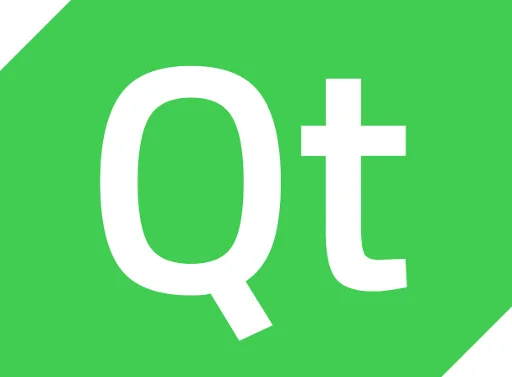Qt Switching From WebKit To Chromium Engine

Lars Knoll announced today via a Digia blog post of the tool-kit's plans to switch from using WebKit to Blink/Chromium itself. Google forked WebKit earlier this year for use by their Chromium/Chrome browser and take a different direction from upstream WebKit.
Qt WebEngine is being formed around Chromium as the developers found it to now have a better cross-platform focus, there's many items working out-of-the-box on Chromium not found in WebKit, Chromium simplifies the operating system integration, Chromium is developed with more strict quality control, and Chromium will allow for better and more performant integration with Qt.
Lars additionally said, "we are seeing that Chromium is currently by far the most dynamic and fastest moving browser available. Basing our next-generation Web engine on Chromium is a strategic and long-term decision. We strongly believe that the above facts will lead to a much better Web engine for Qt than what we can offer with Qt WebKit right now. We also believe that the combination of the best-in-class browser engine with Qt as a native framework gives an incredibly strong offering especially for the creation of embedded devices that require a Web browser in addition to best-in-class UI performance."
Qt WebEngine development will come into play after the release of Qt 5.2 later this year. For those really interested in Qt WebEngine, a technology preview of the new code should be available soon.
5 Comments

